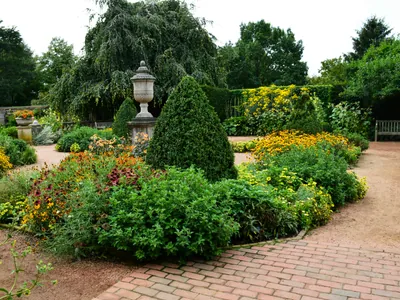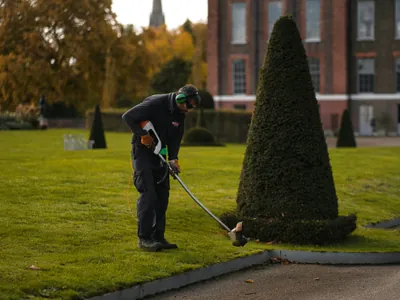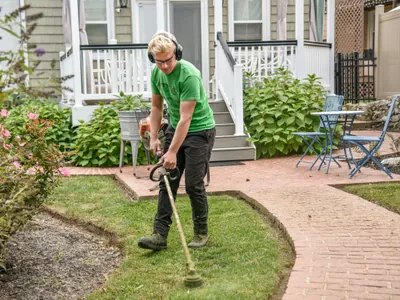Composting Guide: Creating Rich Soil Amendments

Composting is the ultimate act of recycling in the garden. It's the natural process of breaking down organic materials like kitchen scraps and yard waste into a rich, dark, soil-like substance called compost. Adding compost to your garden is the single best thing you can do to improve soil health, and making your own is an easy, rewarding, and environmentally friendly process.
🌿 The Recipe for Success: Browns and Greens
A healthy, fast-decomposing compost pile needs a balanced mix of two types of materials:
"Browns" (Carbon-Rich)
These are the dry, woody materials. Think of them as the fuel for your compost. Examples include dried leaves, straw, shredded newspaper, and small twigs.
"Greens" (Nitrogen-Rich)
These are the moist, fresh materials. They provide the protein and moisture for the microorganisms that do the work. Examples include grass clippings, fruit and vegetable scraps, and coffee grounds.
The ideal ratio for a healthy compost pile is approximately 2 to 3 parts "Browns" to 1 part "Greens" by volume. Too much green material will lead to a slimy, smelly pile.
✅ What to Compost (and What to Avoid ❌)
🔧 How to Manage Your Compost Pile
A little maintenance will speed up the process.
Composting Basics:
- Keep it Moist: Your compost pile should be as damp as a wrung-out sponge. Add water if it gets too dry.
- Turn it Regularly: Use a garden fork to turn and mix the pile every week or two. This aerates the pile, which is essential for the decomposition process.
- Be Patient: Depending on the materials and how often you turn it, you can have finished compost in as little as two months or as long as a year.
- Know When It's Ready: Finished compost will be dark, crumbly, and have a rich, earthy smell.
Creating your own "black gold" is a rewarding way to build a healthier garden. For more tips on soil health and sustainable landscaping, contact the experts at The Box Advantage Group. We can help you create a thriving, eco-friendly landscape.
Tags
Related Articles
Discover more articles that might interest you from our comprehensive collection.
Ready to Experience The Box Advantage?
Join hundreds of satisfied customers who trust us with their home and business needs.

